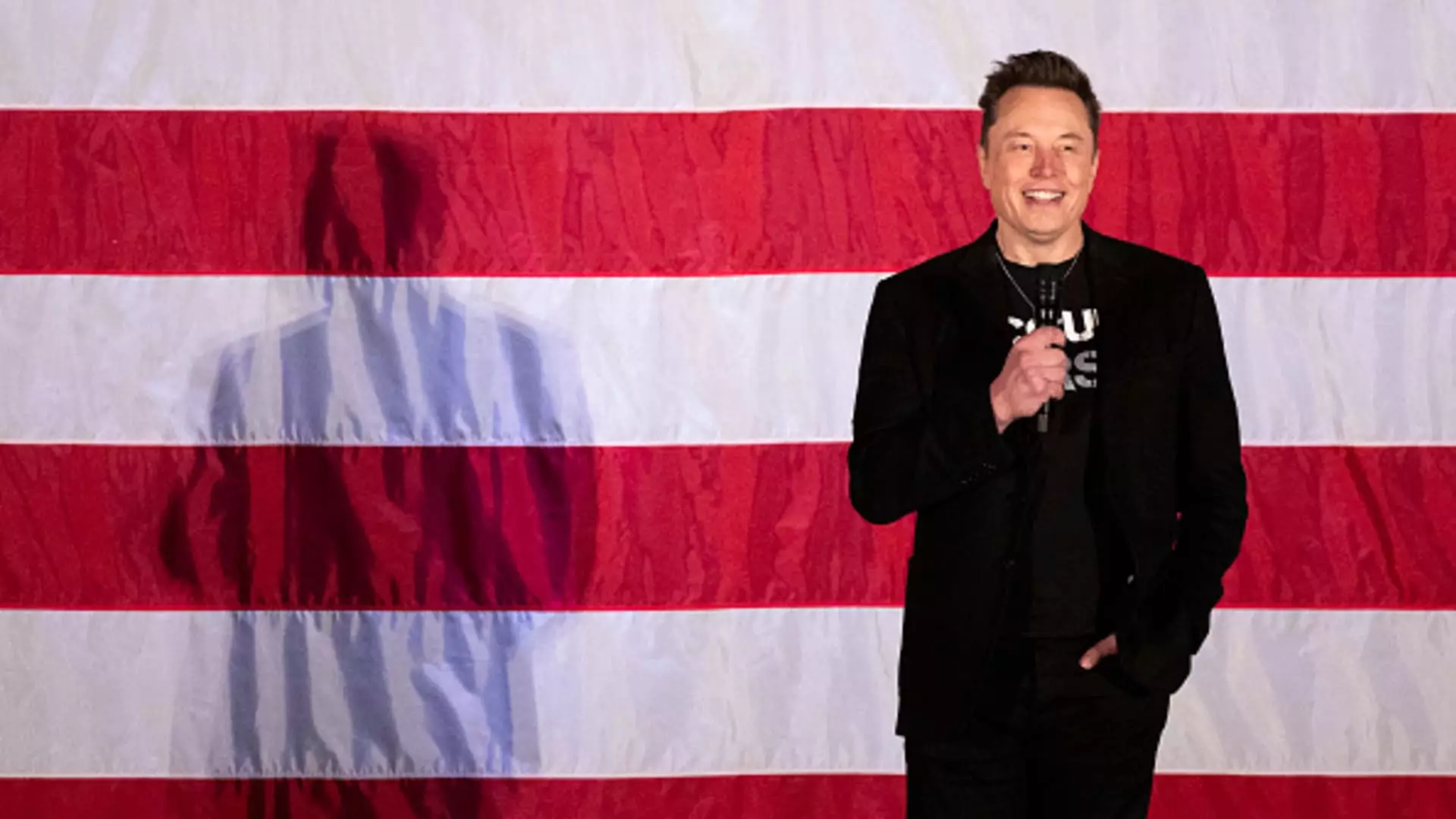In a significant legal development, the Philadelphia District Attorney’s Office has initiated a lawsuit against Elon Musk and his political action committee, America PAC, aiming to halt their controversial $1 million giveaway designed to reward registered voters in swing states. The lawsuit, spearheaded by District Attorney Larry Krasner, highlights a potential breach of both state and federal election laws. This unfolding situation raises vital questions about the intersection of financial incentives and electoral integrity.
At the heart of the accusations is the claim that Musk and America PAC are orchestrating what amounts to an illegal lottery. The district attorney’s lawsuit articulates concerns that this monetary enticement seeks to manipulate voter behavior in the upcoming presidential election, thus undermining the democratic process. Specifically, the suit argues that participants are lured into providing personal information—such as their address, cellphone number, and email—under the pretext of potentially earning a substantial cash prize.
The lawsuit contends that this practice constitutes a lottery under Pennsylvania state law, which mandates that all lottery operations must be formally regulated. Krasner’s suit not only accuses the PAC of violating these regulations but also of constituting a deceptive marketing practice that misleads voters. The implications of such claims are serious, as they touch on issues of consumer rights and public trust in electoral mechanisms.
Response and Reactions
In an unexpected twist following the announcement of the lawsuit, President Joe Biden was asked about Musk’s giveaway during a press briefing. His light-hearted response, “Tell him I’m registered, a million dollars,” belied the deeper concerns expressed later when he referred to the initiative as “totally inappropriate.” Biden’s reaction underscores the broader political ramifications of Musk’s actions, particularly as they relate to electoral fairness and transparency.
Furthermore, this is not the first time America PAC has faced scrutiny. Earlier investigations by the North Carolina attorney general’s office and the Michigan secretary of state’s office revealed that the PAC was gathering personal details from voters under questionable pretenses—claiming to assist with registration efforts. These prior inquiries raise concerns about the integrity of the processes being employed by Musk and the PAC.
The legal proceedings led by the Philadelphia District Attorney’s Office will likely delve into the nuances of both state and federal election laws, with a potential hearing scheduled to evaluate Krasner’s application for a preliminary injunction against the PAC and Musk. If the court rules in favor of the lawsuit, this could set a significant precedent regarding the legality of using financial incentives to influence voter behavior.
Given the high stakes of the upcoming presidential election featuring Republican nominee Donald Trump and Democratic nominee Kamala Harris, ensuring the election’s integrity is of paramount importance. Allegations of manipulative tactics employed by affluent figures in politics, such as Musk, could fuel public cynicism regarding the electoral process.
This situation also serves as a microcosm of a larger issue concerning the influence of wealth and celebrity on political processes. Musk’s actions seem emblematic of a growing trend where affluent individuals leverage their resources to sway political outcomes, often blurring the lines between legal campaign support and unethical manipulation of electoral dynamics. By pursuing this lawsuit, Krasner’s office seeks to uphold electoral integrity and protect voters from potential exploitation through monetary incentives.
As the legal saga unfolds, the ramifications of Musk’s $1 million incentive program extend far beyond Pennsylvania’s borders. The conversation around ethical campaign practices, the legality of voter incentives, and the safeguarding of democratic principles continues to gain momentum. The outcome of this lawsuit will not only determine the fate of the $1 million initiative but could also set crucial precedents regarding the role of money in politics—a pressing concern as elections draw near. The judicial system will need to grapple with these critical issues to navigate the delicate balance between encouraging voter participation and maintaining the integrity of the electoral process.


Leave a Reply